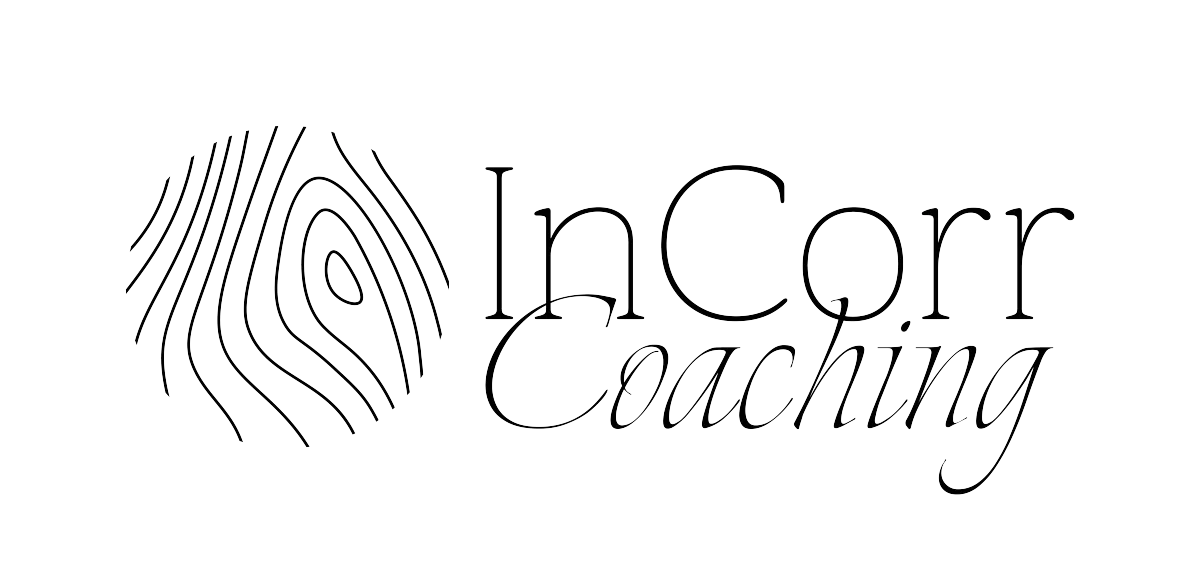The Next Evolution of
Coaching Starts Here
Where the body's intelligence meets conscious awareness.
About InCorr Coaching
InCorr Coaching is the global coaching branch of the InCorr Method, bringing embodied transformation through hybrid training that reaches coaches worldwide. Our approach goes deeper, where your regulated nervous system becomes your most powerful technique, creating profound shifts that ripple through every aspect of your clients' lives. Join our global community of coaches, therapists, and healers who are growing, partnering, and collaborating together to transform how we support humanity's healing journey.

Explore Our Hybrid Training Program
At InCorr Coaching, we train and support coaches to expand their professional skills while honoring their personal growth. Our programs blend ICF accredited online training with opportunities for deep inner work, embodiment practice, new skill development, and a supportive learning community.
The InCorr
SETI Course
SAFELY EMBODIED TRAUMA INFORMED
A foundational hybrid training for coaches ready to hold space with greater depth, safety, and presence.
7 Transformational Modules
Live Group Learning (7 Live Calls)
ICF Accredited
Integrated Case Studies
Interview-Style Digital Glossary
Community platform
Flexible Scheduling for Global Coaches
Multi-Modal Learning for Every Style
This course is for you if...
You crave more depth in your coaching sessions. You know there is profound depth beneath the surface, but you're not sure how to access it safely and effectively.
You want greater confidence navigating clients' emotional intensity. When your clients hit those raw, vulnerable moments, you want to feel equipped, not overwhelmed.
You wonder about preventing re-traumatization in your clients. You recognize that many of your clients carry unresolved wounding, and you want to ensure their safety.
